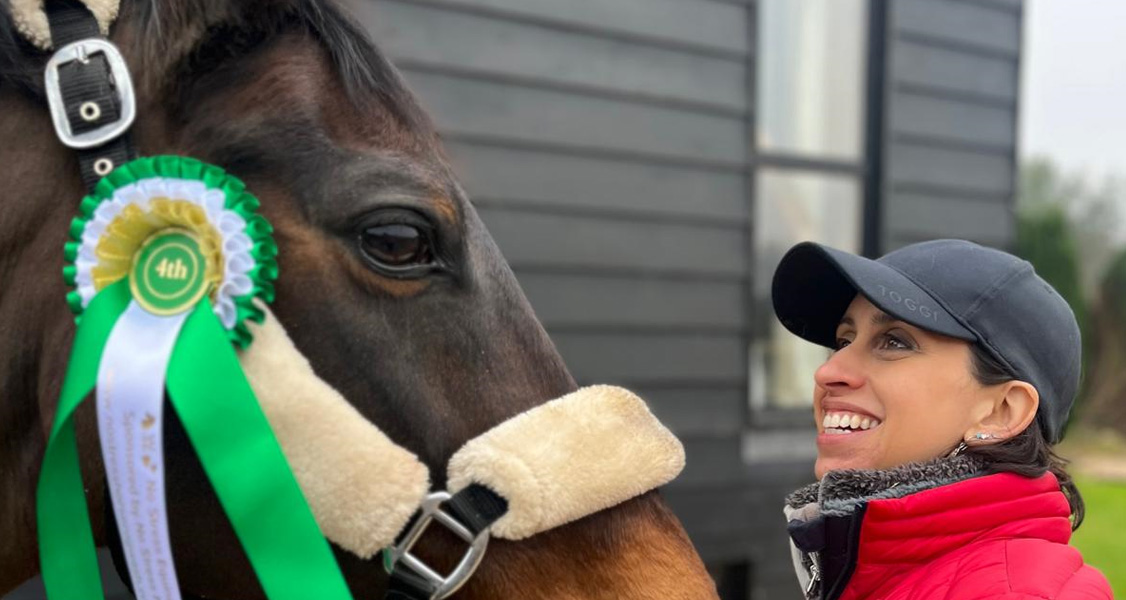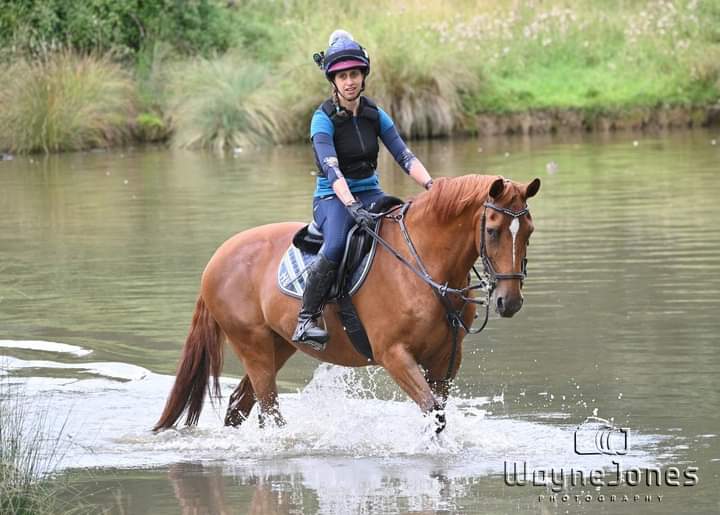



I work part time as a private practitioner within Equestrian sport. This includes Rider and Handler psychology as well as Equine psychology / behaviour. I frequently work with individuals who have experienced trauma or anxiety as a result of a riding or handling accident, riders who are struggling to overcome psychological barriers to furthering themselves in the sport professionally but also people whose hobby is heavily affected by fear of negative outcomes with their horse(s) at any level.
This work quite often extends to working with problematic horses, whose behaviour has evolved either as a result of their owner’s anxiety or trauma – or whose behaviour produced the anxious cognitions in their human owner.
All my equestrian psychology work has been underpinned by decades of owning/ riding / competing horses, as well as having worked with the RDA, within livery yards, training and troubleshooting livery, polo, natural horsemanship, private / freelance groom work.
Sessions are generally 1:1, and can be with or without the client’s horse present. Sessions can operate very similarly to standard coaching / talking therapies, but also done in tandem with ground-handling work or ridden.
The first half of the day will give a high-level introduction to the psychology of learning and horse behaviour, as it relates to reading non-spoken communication – how we do it human to human, what it results in, how we understand these cues.
The following subjects will be covered:
Between the theory/discussion sessions, will be practical demos amongst the group, to experience and be curious about how our actions translate to collaboration with the horse. Each session will be followed by a debrief to solidify understanding of the above.
Building on the morning sessions, the afternoon will explore how horses learn and consolidate.
You are requested to bring your own lunchtime food. A fridge, air fryer, toaster, kettle are available for use. Tea/coffee, milk and biscuits will be provided.
Hannah’s rider/ handler equestrian psychology sessions are predominantly 1:1, however there can also be the option for group work days if especially requested by a client / equestrian facility.
The course starts at 9.00 and finishes at about 17.00
Cost is £200 p.p – please email for future availability and enquiries.